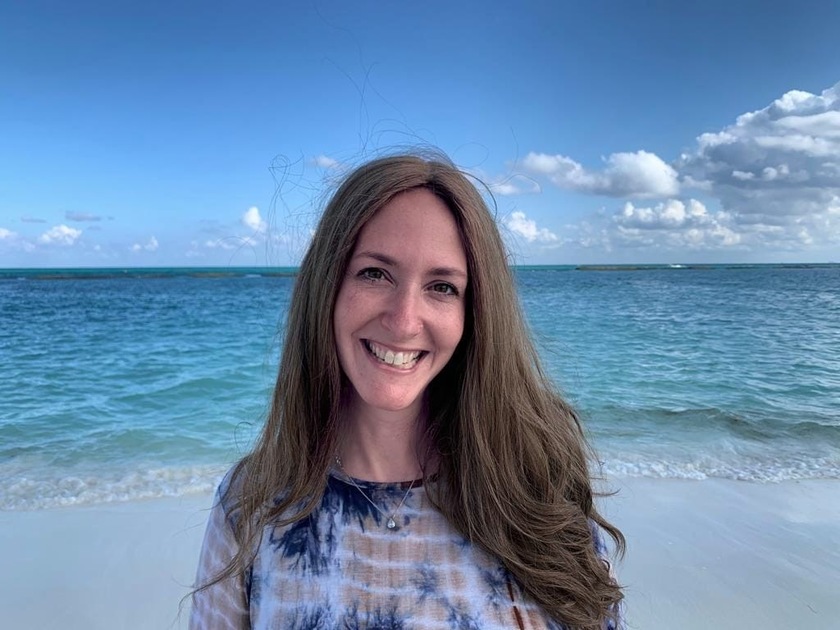
“I’m not sure if you’re interested or ready to hear this, but there is something I’d like to suggest, with your permission,” is something my clients hear often sessions. Advice is tricky. No matter how theoretically useful the recommendation I have might be, it is only of value if the listener is ready and interested in receiving it. If not, it is not only effectively worthless, but potentially harmful to the relationship and therapeutic process.
There is a profound psychological component to receiving Torah. G-d gives abundantly, infinitely, constantly. We receive subjectively, imperfectly, erratically, incrementally. As a group, we receive with unity, but as individuals we interpret and integrate contextually. In our daily Torah blessings, which set the tone for this relationship, we request that G-d make the words and matters of Torah sweet in our mouths, in the mouths of our people, so that our future generations will be drawn to them. Her ways are meant to be pleasant. This is how to teach children- and ourselves. This is so vital- we raise better Jews with honey than with vinegar.
The first chapter of Tehillim states: “he [the righteous one] desires G-d’s Torah and [with] his Torah he expresses day and night.” The Gemara interprets that if we want to desire G-d’s Torah, we need to seek out flavors and approaches of Torah that speak to our hearts, that resonate to our unique selves and souls. It takes courage to walk away from the shiur, sefer, shul, Yeshiva that hurts your spirit, and seek out truth, Divinity, and kindness in a language you understand and can digest. But that is what the Jews did at the very first taste of Torah. And it’s what gives us permission to continually do the same. Words of Torah have 70 facets, like a hammer scattering a stone- many and varied are words of the Living G-d.
Many of my clients (and friends and family and I) have had to regularly evaluate the sources of Matan Torah in their lives – family, community, institutions, and mentors. We all receive our version of Torah filtered through human and social elements. When that works well, we feel in harmony with our beliefs and practices, and with those around us. When it doesn’t or when we outgrow some of the assumptions or styles therein, we can experience a painful dissonance, a questioning of Truth that shakes us to the core spiritually and psychologically. Shavuos is a holiday that encourages us to check in with ourselves. With our relationship to G-d, to Torah, His gift, to receiving and observing. To ask hard, sometimes scary questions, and determine the what, why, and how to make this right for ourselves.
Shavuos is two days in the Diaspora and in philosophy. G-d was ready to give the Torah, but Moshe added on another day from his own opinion, according to the Gemara. And G-d approved. Matan Torah is one part of the equation, kabalas HaTorah is the other. First the giving, then the receiving. When the 10 commandments commenced, the Jews asked G-d to please let Moshe be the spokesperson- it was too much for them to hear it directly. If G-d speaks commandments in a way that overwhelms the nation, so much that their souls depart, that they beg for an intermediary, not only are they and Moshe allowed to request delay and calibration, but they’re praised for it. That self-awareness saves us.
It's often pointed out that there are no official mitzvos hayom for Shavuos. The accepting of Torah is an internal process- heady and personal. It's not something behaviorally mandated, or externally imposed; it's something we each have the right and privilege to absorb as we are and as we become. It's called Atzeret- a stopping point. We pause and reflect.
The 6th of Sivan commemorates G-d offering us Torah. The 7th celebrates our human, collective autonomous readiness and willingness to accept its sweetness on collaboratively designed terms, with the blessing of G-d and Moshe. And the legacy and permission to continue doing so.
Check out my new course!
A Religious Families Guide to Healthy Holy Sex Education: Sacred Not Secret
Elisheva Liss, LMFT is a psychotherapist in private practice. Her book, Find Your Horizon of Healthy Thinking, is available on Amazon.com. She can be reached for sessions or speaking engagements at speaktosomeone@gmail.com More of her content can be found at ElishevaLiss.com
 Previous
Previous

